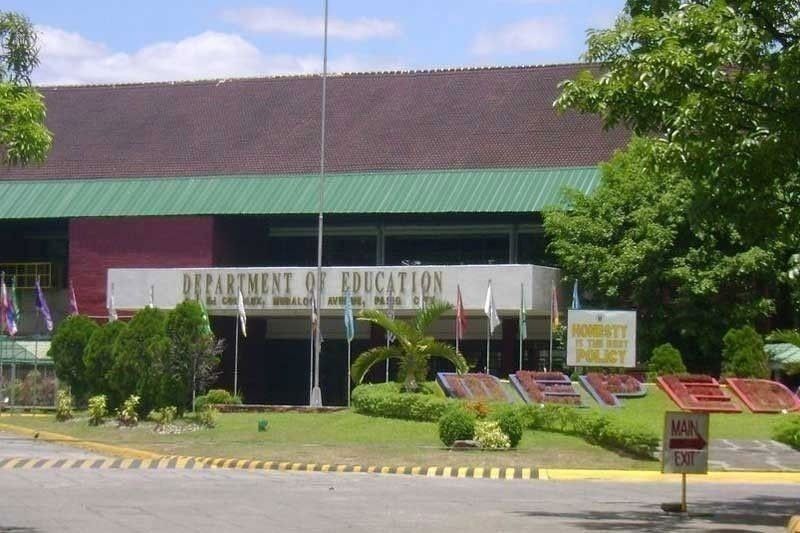
Upgrade to High-Speed Internet for only ₱1499/month!
Enjoy up to 100 Mbps fiber broadband, perfect for browsing, streaming, and gaming.
Visit Suniway.ph to learn
Rainier Allan Ronda - The Philippine Star
May 13, 2025 | 12:00am
This photo illustration created on January 9, 2025, in Frankfurt am Main, western Germany, shows US online social media and social networking service Facebook logo displayed on a smartphone in front of the media giant Meta's logo on a laptop screen. Social media giant Meta on January 7, 2025 slashed its content moderation policies, including ending its US fact-checking program on Facebook and Instagram, in a major shift that conforms with the priorities of incoming president Donald Trump. The EU on January 8 rejected Meta chief Mark Zuckerberg's charge that the bloc engaged in "censorship" with its tech regulations.
AFP / Kirill Kudryavtsev
MANILA, Philippines — While the Department of Information and Communications Technology conceded some improvement in the response time of Meta to take down election related fake news and disinformation posted on Facebook, the DICT’s Cybercrime Investigation and Coordination Center (CICC) said it remains dissatisfied with the “context-based” review process that delayed action on false information.
DICT Secretary Henry Rhoel Aguda expressed his satisfaction Sunday night on the “significant improvement” in the response time of Meta to take action on the takedown requests from the DICT-Commission on Elections (Comelec) 24-7 Threat Monitoring Center over the pre-election day weekend.
“Following our call last week and in line with President Marcos Jr.’s directive to secure cyberspace, Meta has significantly improved its takedown speed for election-related disinformation – some removals now occur within an hour, according to the CICC,” Aguda told The STAR in a Viber chat interview.
Aguda said DICT coordination with Meta will be pursued beyond election day.
“We appreciate Meta’s swift response. But this urgency must continue beyond the elections. The DICT and CICC will keep monitoring Meta’s efforts and expect the same proactive approach against all forms of harmful and misleading content,” Aguda said.
“Disinformation is a long-term threat. We call on Meta and all social media platforms to take part in our digital bayanihan and help protect the integrity of our online spaces – so that the internet stays filled with good vibes,” he added.
For his part, Renato Paraiso, DICT Assistant Secretary for legal affairs and CICC officer-in-charge, said they were not entirely satisfied with Meta.
Meta is the parent company of Facebook and Instagram.
“Honestly, we think that the takedown action to our requests left a lot to be desired,” Paraiso told The STAR.
Paraiso said they were frustrated with the so-called context-based evaluation of posts conducted by Facebook’s reviewers that delayed the takedown of harmful false information.
“There’s a loophole because they claim there’s an issue over context when the post uses ‘allegedly’ or ‘diumano,’” Paraiso said.
“We want to meet with these social media platforms to take up their context-based fake news evaluation,” he said.
Paraiso said that DICT and the Comelec will sustain the operation of the 24/7 Threat Monitoring Center, pointing out that there was still the Bangsamoro Autonomous Region elections this October and then the barangay elections in December.
The DICT, since April, has been collaborating closely with Comelec on several key initiatives to enhance the technological infrastructure of the May 12 elections.
These include the establishment of Configuration Hubs, where DICT personnel assist in managing the hubs during the election process, as well as the development of online services such as the Precinct Results Finder, Registration Status Verifier and Election Results Website, all aimed at ensuring transparency and providing real-time access to election data.
Additionally, DICT’s Cybersecurity Bureau rolled out critical initiatives such as Vulnerability Assessment and Penetration Testing to identify and mitigate security risks, as well as ongoing security protocols to protect the integrity of digital infrastructure throughout the election process.

 3 weeks ago
8
3 weeks ago
8



